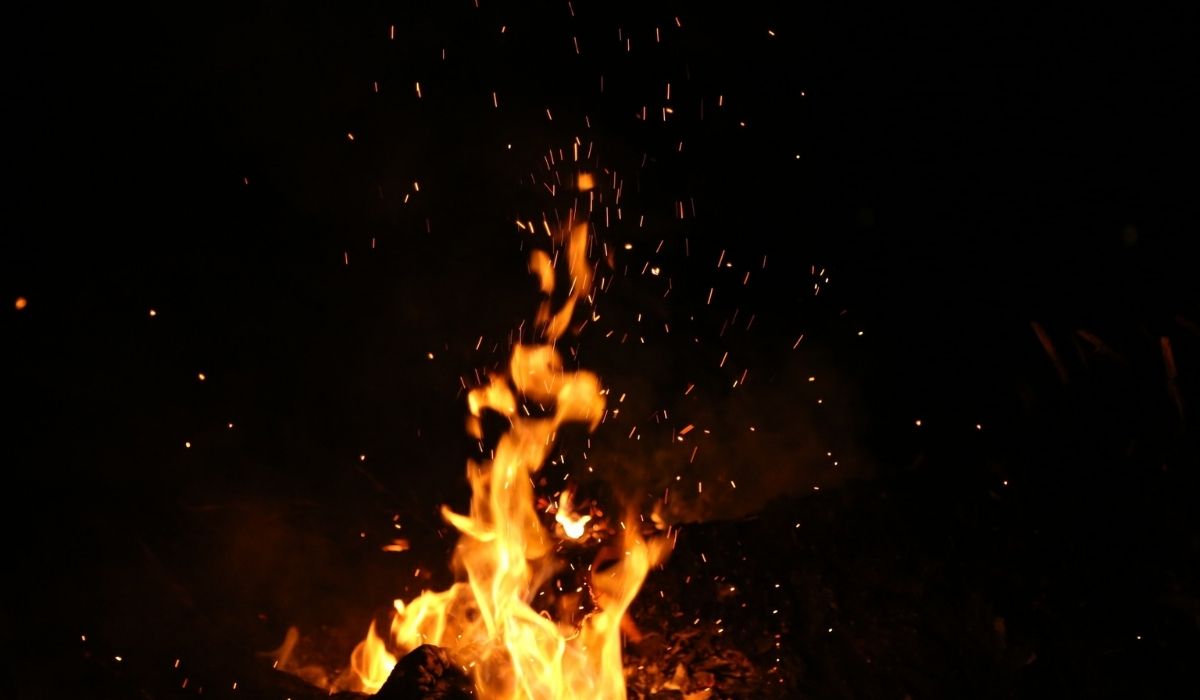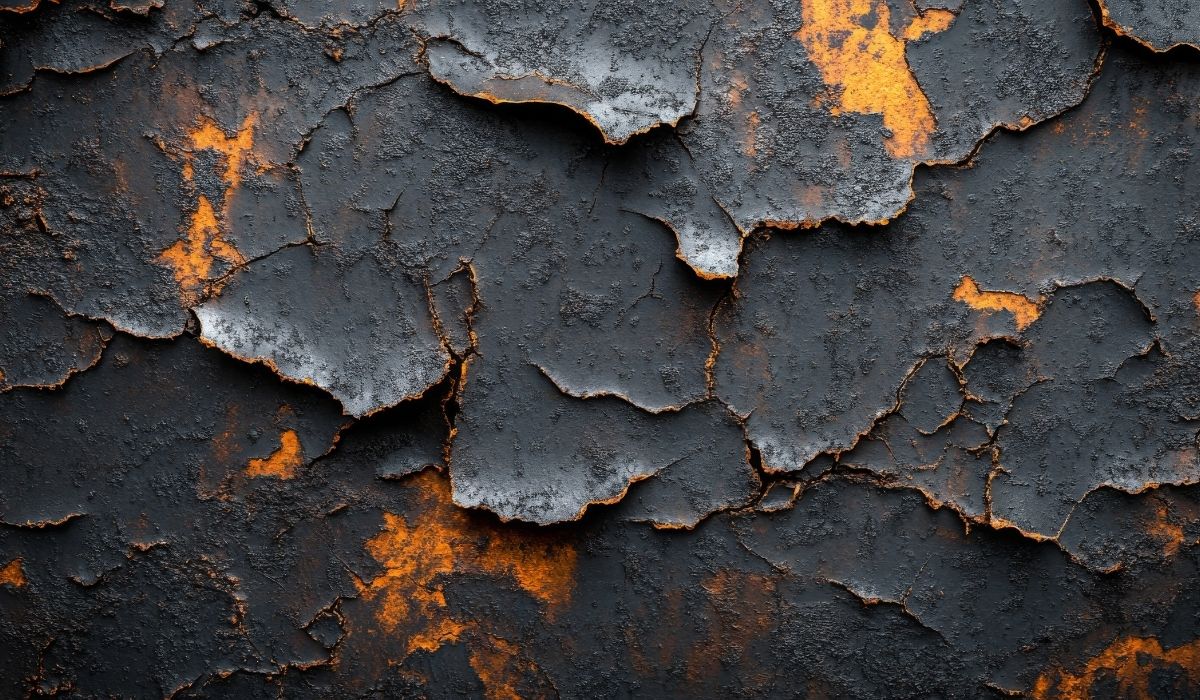Water and Electricity Safety Tips: Stay Safe at Home & Outdoors
Water and electricity are a dangerous combination. When they come into contact, they can cause electric shock, electrical fires, and serious damage to property. Understanding electrical safety is important for keeping yourself, your family, and your home safe. In this guide, we’ll explain how to stay safe around water and electricity in an easy-to-understand way.
Why Is Water Dangerous Around Electricity?
Water is a conductor of electricity, which means it allows the flow of electricity through it. If your body is wet and you touch electric wires or electrical outlets, electricity can travel through you. This can lead to electrical injuries or even death.

Electrical Safety Tips Around Water
1. Keep Electrical Appliances Away from Water
Never use electrical appliances near sinks, bathtubs, or pools. This includes hairdryers, electric-powered tools, portable heaters, and other household appliances.
2. Dry Your Hands Before Using Electrical Devices
Always make sure you have dry hands before plugging in or unplugging electrical cords. Damp hands or wet hands increase the chance of electrocution.
3. Install Ground-Fault Circuit Interrupters (GFCIs)
GFCIs are electrical safety devices that shut off power if they detect a ground fault. These should be installed in kitchens, bathrooms, and outdoor areas where wet surfaces are common.
4. Use Battery-Operated Appliances Near Water
To reduce electrical safety hazards, use battery-operated appliances instead of plug-in devices when near water. For example, a battery-operated radio is safer in a bathroom than a plugged-in one.
5. Never Touch Electrical Equipment with Wet Skin
If you are wet from a bath, swimming, or rain, avoid touching electrical equipment. Wait until you are completely dry.
Electrical Safety at Home
1. Avoid Overloading Electrical Outlets
Too many connected appliances in one outlet can cause overheating and electrical fires. Use additional outlets when necessary.
2. Inspect Electrical Cords Regularly
Check extension cords, power cords, and flexible cords for damage. Replace any damage wires or destruction of wire insulation immediately.
3. Keep Electrical Equipment Dry
Make sure electrical equipment like air-conditioners, storage water heaters, and furnace safety systems are kept dry. Avoid using electrical tools in dusty environments or wet conditions.
4. Use Childproof and Modern Plugs
Use childproof plugs to prevent kids from inserting objects inside electrical outlets. Modern plugs with built-in safety devices provide fault protection against shocks.
Outdoor Electrical Safety Tips
1. Stay Away from Power Lines
Never go near nearby power lines or overhead lines. If you see a fallen power line after a storm, stay away and call your electricity company.
2. Keep Electrical Equipment Dry in Bad Weather
During dangerous weather conditions, unplug outdoor electric appliances to prevent damage. Keep your generator dry and store outdoor electrical cables safely.
3. Avoid Using Electrical Tools in Wet Areas
Do not use electric tools or heat tools near pools, wet grass, or muddy ground. Moisture can lead to electrical shock.
4. Be Careful with Portable Generators
A portable generator should be used away from water sources. Avoid back-feed power by ensuring proper installation by a licensed electrician.

What to Do in Case of an Electrical Emergency
1. If Someone Gets an Electric Shock
- Do not touch them directly.
- Turn off the electrical supply if possible.
- Call emergency services immediately.
2. If Water Comes into Contact with Electrical Appliances
- Unplug damaging appliances if it is safe to do so.
- Do not touch electrical cords or electrical equipment damage while standing on wet surfaces.
- Call a qualified electrician for emergency safety repairs.
3. If There’s an Electrical Fire
- Never use water to put out an electrical fire hazard.
- Use a multipurpose fire extinguisher.
- Turn off power from the circuit breaker if safe.
- Call 911 for help.
How to Protect Your Home’s Electrical System
1. Use Fault Circuit Interrupters
Installing ground-fault circuit interrupters (GFCIs) and fault circuit interrupters (FCIs) can prevent electrical hazards.
2. Schedule Regular Inspections
A licensed electrician should check your home’s electrical systems for loose connections, electric wiring issues, and concerns about wiring.
3. Upgrade to Safer Electrical Devices
Consider using efficient appliances, LED bulbs instead of 25-watt bulbs or 60-watt bulbs, and appliances with inbuilt safety switches.

FAQs About Water and Electricity Safety
1. What happens if I touch an electric wire with wet hands?If you touch an electric wire with wet hands, electricity can flow through your body, causing electric shock or serious injury.
2. Why should I install ground-fault circuit interrupters (GFCIs)?GFCIs shut off power when they detect ground faults, preventing electrical injuries.
3. Can I use electrical appliances near a swimming pool?No, using electrical appliances near pools is dangerous and increases the risk of electrical shock.
4. How can I protect my home from electrical fires?Avoid overloading outlets, replace damaged wires, and use modern plugs with safety features.
5. What should I do during a power outage?Turn off unused appliances, use a battery-operated radio for updates, and keep a portable generator away from water.
Conclusion
Understanding water and electricity safety can help prevent electrical safety hazards and keep you safe. By following these electrical safety tips, you can reduce the risk of electric shock, electrical fires, and damage to your home. Always stay cautious and seek help from a qualified electrician when needed.
Visit your nearby local emergency responder or contact us today for more information.
Table of Contents
EXCELLENTVerified A straight up honest broker who knows his stuff. Excellent communication and very helpful problem solving our mold issuePosted onVerified Giving Eric a 5-star review, and we haven't even started any work yet. He came to gave us his professional opinion and quote to address a mold issue in our house. He is clearly very knowledgeable. His opinion was wildly different than the previous estimate we received, from an agency that wanted to charge us about 4 times as much. He did a much more thorough assessment, and explained his reasoning for why he felt that our issue wasn't as extreme as the previous agency. He even gave us some suggestions as to how we could address our issue on our own, if need be. He doesn't appear "out to get you"... there are a lot of companies that work off the "mold is gold" motto, but he doesn't seem to be one of them. If we end up going with him for the job, we'll update the review... but, I was just so happy and relieved with his approach, estimate, knowledge, and his overall professionalism. Glad there are still people like this out there!Posted onVerified Eric and his team were prompt and professional. From diagnosis through cleanup they were very thorough.Posted onVerified Above and beyond expectations. Eric and his team were not only helpful, kind, and relatable to our issues, they were extremely professional and reliable. Always answered our calls. Showed up on time with great attitudes. Respected our home. Most importantly, got the job done in a fast and timely manner. Can't recommend enough.Posted onVerified We had a leak under the kitchen sink and called another company first. We were told there is mold and they would have to tent the area to remove it and that we'd also need a whole new cabinet. Of course, it was pretty expensive and they said we couldn't use the kitchen for a couple weeks. Feeling it's always wise to get more than one estimate, I called Preferred Restoration as they had excellent reviews. Eric replied promptly and came out to look things over. He felt the mold wasn't bad enough to require a tent and also felt a whole new cabinet was not required. Needless to say, we accepted his estimate immediately and the work was done in a professional manner. (They don't do the carpentry work, but can make a recommendation.) I highly recommend Preferred Restoration. I believe it's an honest company with skilled professionals.Posted onVerified Eric the owner was great to work and keep me informed the entire time that the moisture was being removed from my home. Highly recommend Eric and his team for any job!Posted onVerified Right from the start I knew I was going to be in good hands with this company. The response time was super quick and getting Eric to come out to my home to assess the situation was quicker than expected. Eric was very knowledgeable and answered all my questions thoroughly. He took his time to listen to all my concerns to carefully address the issues in my home. He made a stressful situation feel less stressful and manageable. I definitely recommend this company and will contact Eric if needed in the future. Thanks again Eric!Posted onVerified We discovered a mold issue in one of our bedrooms and reached out to Preferred Restoration Services for guidance. Eric was extremely helpful in helping us navigate what needed to be done since we had no experience with this type of issue. He shepherded us through the process and helped us understand every step that needed to be performed. He referred us to a couple of contractors which we used for plumbing and testing and they were also excellent. This was helpful so that we didn't have to figure out who else we needed to work with and vet them as well. Everyone from Preferred Restoration Services was very professional, communication was excellent, and customer service was outstanding. We had a lot of questions and they were all answered very quickly. I highly recommend Preferred Restoration Services for any damage restoration needs.Posted onVerified Preferred Restoration is the best service in town! If you want quality, fair pricing & guidance, call Preferred Restoration! Ask for Eric, he is very helpful and quick.Posted onVerified We had an issue with a sewer line that leaked and potentially needed some soil remediation under the house. I gave Eric a call and made an appointment for the next day for him to come out and assess the situation. Throughout the process his communication was great and he was on time (even gave me a call to let me know he was on his way). He went above an beyond to even check inside the house for potential water damage/mold. We did not have to move forward with any remediation. I appreciate Eric's communication, thoroughness, and HONESTY. We will keep his contact if we need any work in the future. I highly recommend Eric and Preferred Restoration!



